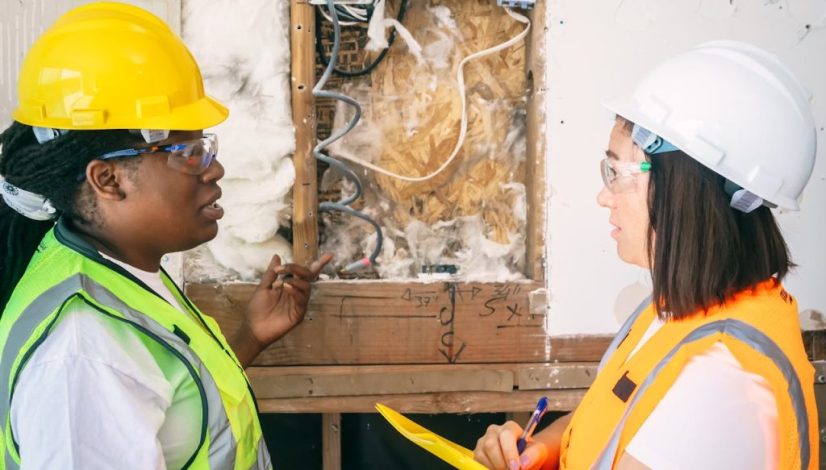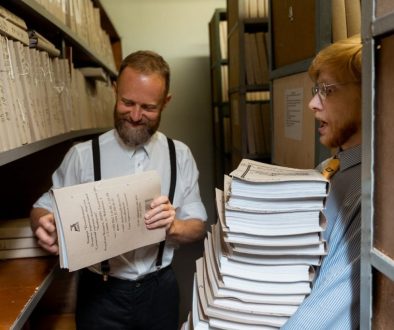Navigating Construction Defect Litigation in Texas: What Owners, Developers, and Contractors Need to Know (November 2025 Update)
Construction projects are complex undertakings involving significant investment and multiple parties. When a project is completed, the expectation is a sound, safe, and functional structure. Unfortunately, that is not always the reality. When the finished product fails to meet standards due to errors in design, materials, or workmanship, the result is a construction defect. These issues can lead to costly repairs, property damage, and complex legal disputes.
Whether you are an owner discovering a defect, a developer facing a claim, or a contractor defending your work, understanding the landscape of Construction Defect Litigation in Texas is crucial. As of November 2025, recent legislative changes have further refined this process, making experienced legal counsel more important than ever. This is where an experienced Fort Worth Construction Attorney becomes your most valuable asset.
What is a Construction Defect?
A construction defect is a deficiency in the design, construction, or repair of a building or structure. These defects can range from minor cosmetic issues to major structural failures that compromise the safety and integrity of the property. In Texas, these cases are often governed by the Texas Residential Construction Liability Act (RCLA), which outlines the legal process for resolving such disputes.
Common Causes and Examples of Construction Defects
Construction defects typically fall into four main categories, each with its own set of common examples:
| Category | Description | Common Examples |
|---|---|---|
| Design Deficiencies | Errors or omissions in the architectural or engineering plans. | Improperly designed roofs that allow water pooling, inadequate structural support, or flawed mechanical system designs. |
| Material Deficiencies | Use of substandard or faulty building materials. | Defective window seals that lead to leaks, low-quality asphalt that cracks prematurely, or contaminated drywall. |
| Construction Deficiencies | Poor quality of workmanship during the building process. | Improperly installed flashing, failure to waterproof foundations, or incorrect wiring that violates building codes. |
| Subsurface Deficiencies | Issues related to the property’s soil and geological conditions. | Inadequate soil compaction leading to foundation settlement, or failure to account for expansive clay soils. |
Water intrusion remains one of the most common and damaging types of construction defects, often leading to mold, wood rot, and significant structural problems if not addressed promptly.
The Legal Process: Construction Defect Litigation in Texas
Construction Defect Litigation can be a complicated process involving multiple parties, including owners, developers, general contractors, subcontractors, and design professionals. The RCLA provides a framework for resolving these disputes, which includes a mandatory pre-litigation notice and settlement offer process. Before a property owner can file a lawsuit, they must provide the contractor with a detailed written notice of the alleged defects. The contractor then has an opportunity to inspect the property and make a settlement offer.
This process is designed to encourage resolution without resorting to a costly lawsuit. However, if an agreement cannot be reached, litigation may be unavoidable.
The Role of the Texas Business Court (2025 Update)

For high-value disputes, the Texas Business Court offers a specialized venue for resolving complex commercial cases. While the court began operating in 2024, significant changes enacted in 2025 have expanded its reach.
As of September 1, 2025, House Bill 40 (HB 40) lowered the jurisdictional threshold for the Texas Business Court. The amount in controversy required for many cases has been reduced from $10 million to $5 million. This important change makes the Business Court a viable and strategic option for a wider range of large-scale Owner-Developer Construction Disputes. The court’s specialized nature and experienced judges can lead to more efficient and predictable outcomes for complex construction cases.
Why You Need an Experienced Construction Defect Attorney
Navigating a construction defect claim is not something you should do alone. These cases are technically complex, procedurally demanding, and financially significant. An experienced Construction Defect Attorney provides critical guidance through every stage of the process. This includes thoroughly evaluating your claim to advise on the best legal strategy, engaging qualified engineers and architects to investigate the defect, and ensuring all pre-litigation requirements under the RCLA are met to preserve your legal rights. Furthermore, a skilled attorney will negotiate on your behalf to achieve a favorable settlement and, if necessary, will vigorously represent your interests in court, including in the Texas Business Court.
Joe Tolbert is Board Certified in Construction Law by the Texas Board of Legal Specialization — a distinction held by a small percentage of Texas attorneys. This certification signifies a high level of expertise and a deep commitment to Texas Construction Law.
Contact a Fort Worth Construction Attorney for Help

If you are involved in a dispute over a construction defect, do not wait to seek legal counsel. The deadlines for filing claims are strict, and your rights could be at risk. Joe Tolbert, an experienced construction law attorney, has the knowledge and resources to manage complex Construction Defect Litigation across Texas.
We represent owners, developers, contractors, and design professionals in a wide range of construction disputes. Contact us today at 817.338.1700 or fill out our online form to schedule a consultation and protect your interests.



